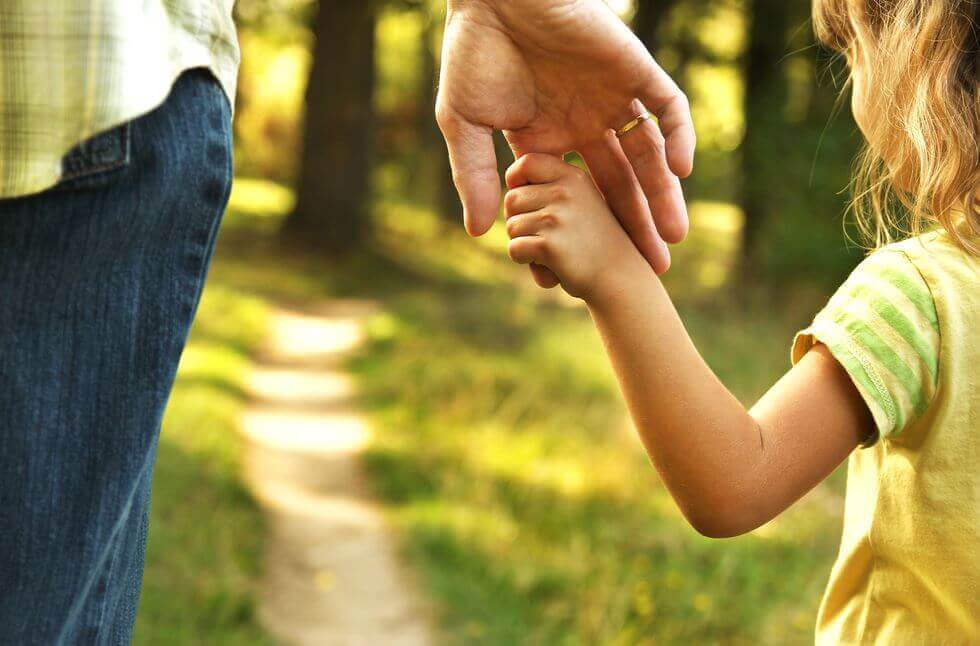I have always thought that trust is the most fragile service that people do, as the title suggests it is something that we get from a teaspoon and that when we lose it is a whole bucket, it is also curious, because over the years, it becomes more polarized.
Experience often draws caution when it comes to giving up one’s trust: we have seen it betrayed over and over again and increasingly try to keep it for us, so life becomes more and more friendly, but also more suspicious.
- “Trusting everyone is silly.
- But not trusting anyone is neurotic brutality.
- “Juvenal (67-127).
- Roman satirical poet.
Not trusting someone doesn’t mean we think he’s less than us and we don’t treat him with disrespect. He thinks trust has to do with letting go, with supporting a part of us that we can lose if he fails. Respect has to do with the recognition and ability of the other person to relate to us.
Therefore, we are talking about two different values, although it is true that in some cases the line between them is very fine. There are people who believe that not receiving the trust of others is an insult, a contempt. Especially when it comes to people who give up their trust very quickly and expect reciprocity.
“Trust is the feeling of being able to believe in someone else even when you know you would be lying instead. -Henry Louis Mencken (1880-1956) American journalist and writer
He thinks that our ancestors lived in tribes and hunted in groups, they had a life in society where relationships were much closer than before, and above all much more interdependent, so trust was a fundamental value. If they had to catch prey to hunt them, no one could open the siege, because otherwise, that day, everyone would run out of food.
More than once I ran into someone who felt uncomfortable because I hadn’t shared some of my thoughts or a fact that I knew. I also felt on the other side, asked questions, and didn’t get answers; I never asked, but I think it was also for the same reason, the fact is that I didn’t feel good either and it turns out that there are realities that are not easy to accept.
The first thing is not to have the trust of the other person, to think that you could find someone to trust, you have spent your whole life with yourself and you know yourself, not only that, you have a lot of power over what you do. However, the other person hasn’t spent his whole life with you, and he doesn’t have the control you have over you either. This difference is so great, but at the same time so subtle, that it often falls off the side of the road.
For some more and for others less, it takes time, it is also a very intuitive process. He thinks we don’t normally work much on reasoning to decide how much we’re going to give someone our own confidence, we’re just opening up to the point where we’re comfortable.
Research has identified variables that influence it. The more the person looks like us, the faster we give our own trust. In general, we trust people who walk with children, the elderly or animals. We understand that if someone has trusted them to take care of something so valuable, it is that you have to trust them. We also give more confidence to those who share our views, as we can have long conversations with them without getting into personal trouble.
On the other hand, the best thought we can make about trust is the precious feeling of being worthy of the trust of the people who love us, who beyond knowing that they will not be betrayed, feel that we will be the first to be there. when they need it.

